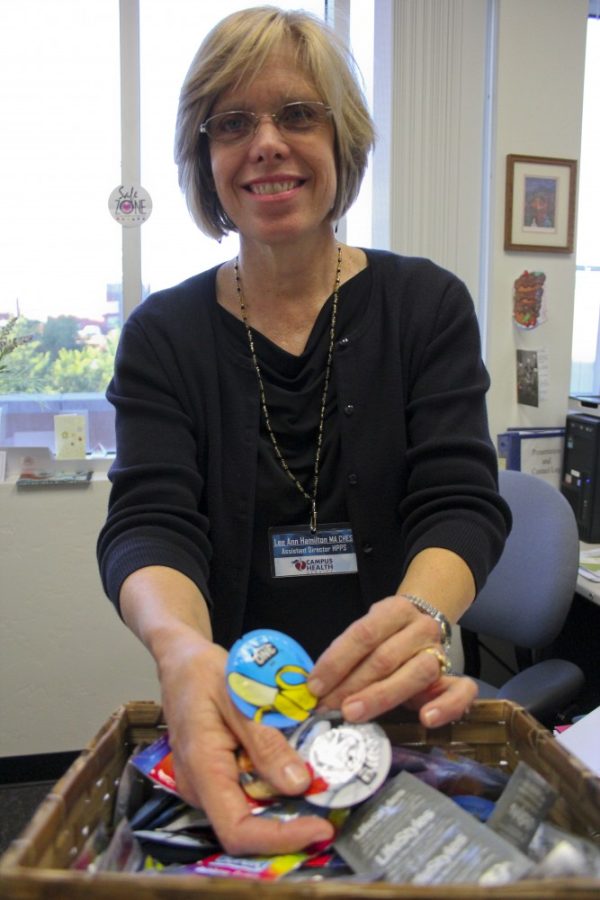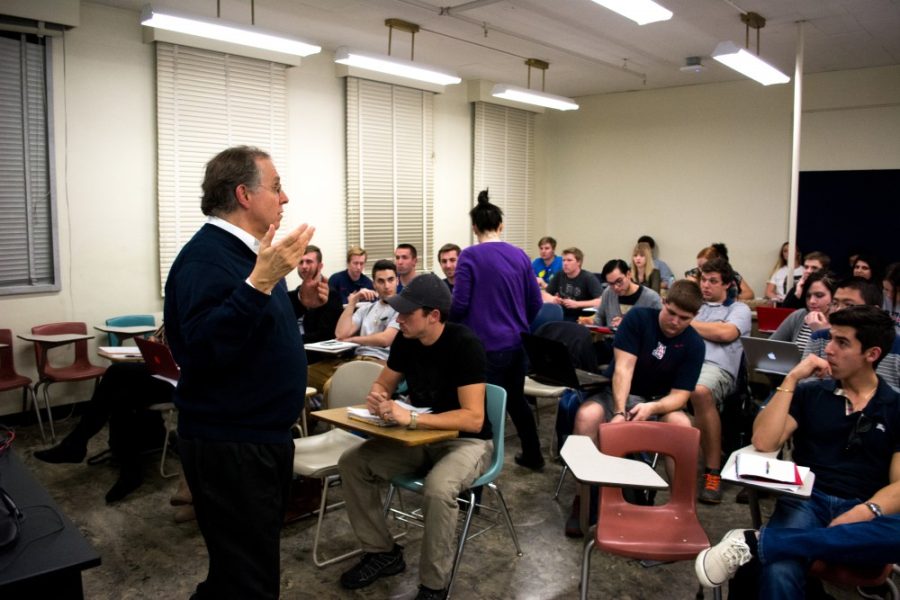The UA was ranked among the top 10 sexually healthy schools in the nation in Trojan’s seventh annual Sexual Health Report Card.
The university increased its ranking by eight spots from last year, moving up to No. 7 on the list of 141 institutions. Schools were ranked on the services they provided across eleven categories, including hours of operation, the quality of sexual health information and resources on the website, condom and contraceptive availability and cost, and HIV testing.
Carrie Hardesty, a health educator for the Campus Health Service’s Health Promotion and Preventive Services said that an addition to the UA’s services could have been what put the UA eight places ahead of last year. Hardesty referred to the university’s new Free Condom Friday initiative, which offers students packages of free condoms at Campus Health every Friday from 12 p.m. to 2 p.m.
Health Promotion and Preventive Services Assistant Director Lee Ann Hamilton also writes the SexTalk section published in the Arizona Daily Wildcat, which she said lower-ranked schools don’t have, along with a number of other programs that the UA offers.
“A smaller school may not do STD testing,” Hamilton said. “They may not have a women’s health [department] with a gynecologist there; they may not treat STDs, you know, we do that. They may not have a pharmacy, we do that, too.”
Additionally, the UA’s Campus Health Service offers regular daytime hours from Monday to Friday, as well as an after-hours phone hotline that students can access to call a doctor even though the office is closed.
Sexual assault services were another factor that was considered in the health report by Trojan. The UA boasts the Oasis program, which helps students who have been victims of sexual assault and holds a variety of events educating students.
“I do prevention education and that entails various events like Take Back the Night and workshops in residence halls, in classrooms, in various departments, with RAs, with the athletic department,” said Violence Prevention Specialist Megan McKendry. “We go out and talk about things like the definition of sexual assault, what is consent, what constitutes a healthy relationship.”
As for improvements that the university can make, Hamilton suggested the UA make more of the services free.
“Obviously if things were free and somebody else paid for them, that would bump us up higher,” she said. “But in this state — not happening.”
Another reason the UA may have been No. 7 instead of No. 1 was because its lacks peer education services, she added.
Hamilton said that the addition of a peer-education program could put the UA at the top of the list. While the UA does have students providing health education on campus to other students, the program isn’t official.









